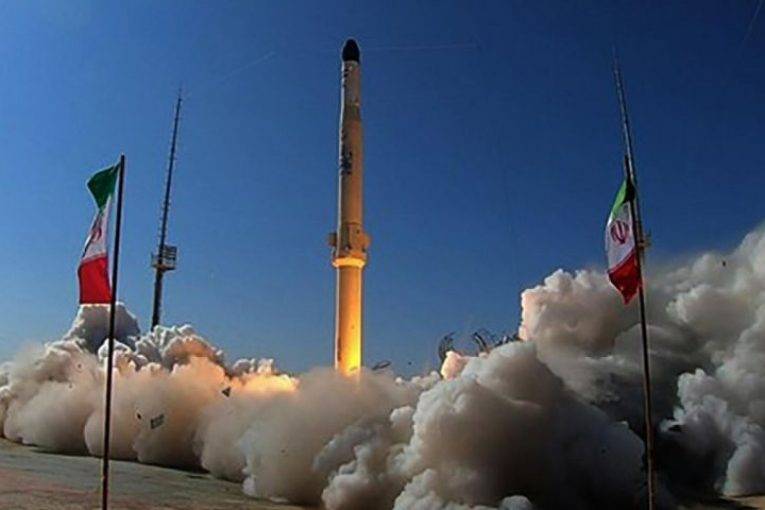On Thursday, the United States threatened future action against Iran at the United Nations' International Atomic Energy Agency (IAEA) if Tehran continued to "obstruct" the agency's work by refusing to cooperate and not providing the answers the agency is seeking regarding long-standing issues, including unexplained uranium traces. In a quarterly meeting of the IAEA's 35-member Board of Governors, Washington again requested Iran to cooperate with the agency's inspectors, who have been asking Tehran for years about the source of uranium particles found at undisclosed sites.
So far, the United States has refrained from seeking a resolution against Iran. Diplomats indicated that the upcoming U.S. presidential elections in November were a reason for Washington's hesitance. Tehran typically reacts with resentment to such decisions and often escalates its activities in response. In a statement for the council meeting, the U.S. said, "We believe we have reached the point where we and the broader international community need to reconsider how to respond to Iran's ongoing stalling... We cannot allow Iran's current pattern of behavior to continue."
It has been more than a year since the IAEA's Board of Governors issued a resolution demanding Iran cooperate with the agency's ongoing investigation into the uranium particles. Tehran rejected the resolution, describing it as "political" and "anti-Iran," although only China and Russia opposed it. The U.S. and its three major European allies, the UK, France, and Germany, again chose not to pursue a resolution against Iran in this week's meeting; however, the U.S. stated it would act if Iran did not soon provide the necessary cooperation.
The U.S. said, "Our firm view is that Iran's continued lack of real cooperation provides a basis for seeking further actions the Board of Governors could take, including the possibility of additional resolutions and considering whether Iran is once again in non-compliance with its safeguard obligations."
Former President Donald Trump withdrew from the 2015 nuclear agreement in 2018, under which major powers lifted sanctions on Iran in exchange for limitations on its nuclear activities. After sanctions were reimposed, Iran expanded those activities far beyond the agreement's limits. It is now enriching uranium to a purity of 60 percent, close to the 90 percent required for manufacturing nuclear weapons, and significantly higher than the agreement's stipulated maximum of 3.67 percent. Western powers argue there is no credible civilian explanation for enriching to this level, with the IAEA stating that no country has done so without producing a nuclear bomb.
Iran asserts that its goals are entirely peaceful and that it has the right to enrich to high levels for civilian purposes. The U.S. stated that Iran must cooperate with the IAEA, including allowing access "for the purposes of collecting environmental samples... and it should start doing this now." It added that if Iran fails to comply, it would request the IAEA Director General Rafael Grossi to provide a "comprehensive report" on Iran's nuclear activities, broader than his usual quarterly reports. The U.S. continued, "Then, based on the content of that report, we will take appropriate action to support the IAEA and the global non-proliferation regime."




